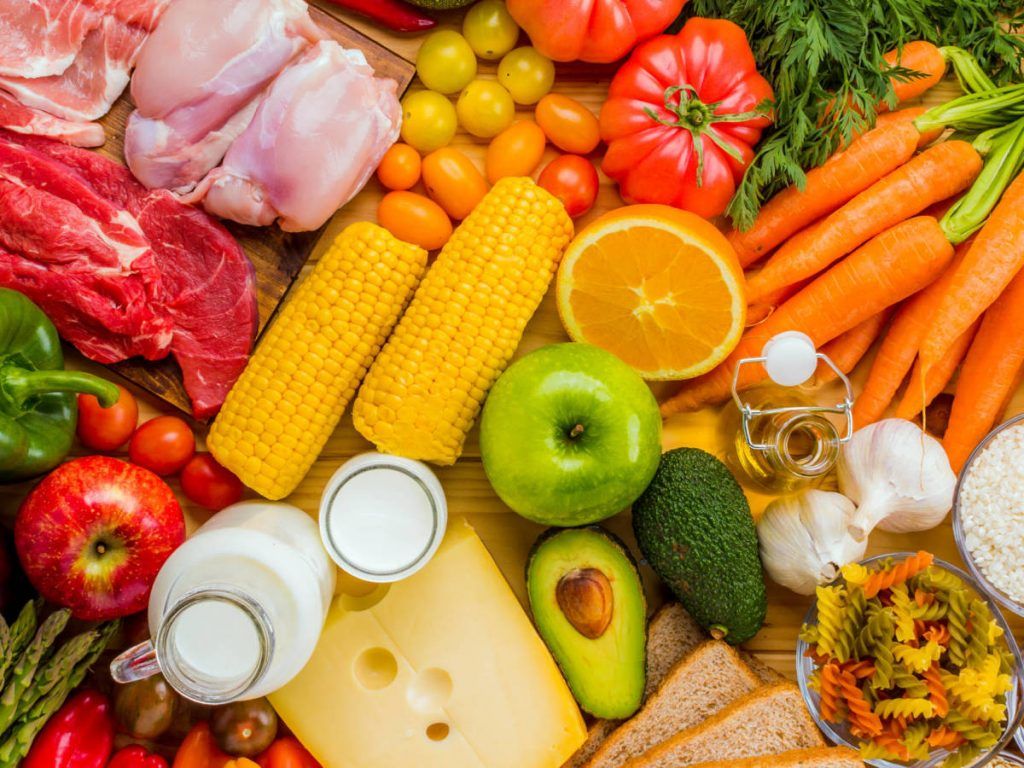While all WTO members agree on the importance of updating current global rules on food and agriculture, they have different views on how best to do so and what to prioritize.
WTO data show that trade in agricultural products nearly quintupled in the period 2000-2022, from $300 billion to $1.488 trillion.
Multilateral agricultural negotiations have been an important and complex issue since the creation of this organization.
Many WTO members with competitive agricultural exporters favor cuts in the level of support provided by governments to their domestic agricultural sectors.
They point out that trade- and market-distorting support can impede fair competition among producers, as well as negatively affect consumers.
Many WTO members that are classified as developing countries also say that an update of global rules in this area is needed to make agricultural trade fairer, and some of the poorest members emphasize the particular importance of cotton sector reforms for them.
Agriculture and food is one of the most sensitive areas in international trade because of its economic importance and concerns related to food security and rural development.
Food and agriculture
Some large economies say that parallel progress is needed to improve access to agricultural markets, and some smaller exporting members share this view.
However, many developing countries argue that WTO members should prioritize finding a «permanent solution» to the difficulties some of them face under current WTO rules in buying food at government-fixed prices for public stocks.
Safeguard
At the same time, according to the WTO, food-importing countries have urged action to address the implications of export restrictions on global markets and food security, and some have also emphasized the need to resolve outstanding issues related to measures analogous to export subsidies.
Least developed countries have drawn attention to the particular challenges they face in terms of food security and rural development.
In addition, the WTO reports that many developing countries have called for agreement on a new safeguard mechanism that would help protect their producers from sudden increases in import volumes or falls in prices, although exporting countries have said that this should be linked to overall progress in improving access to agricultural markets.

